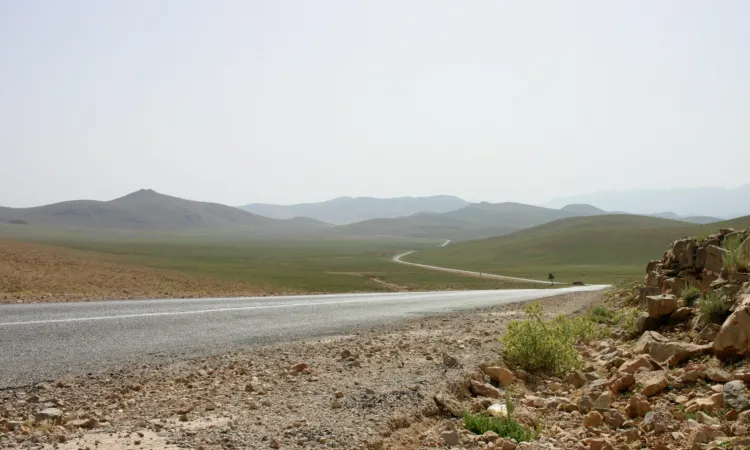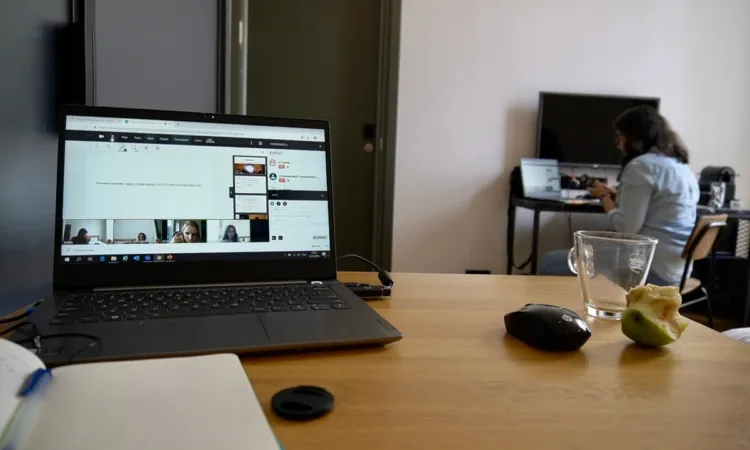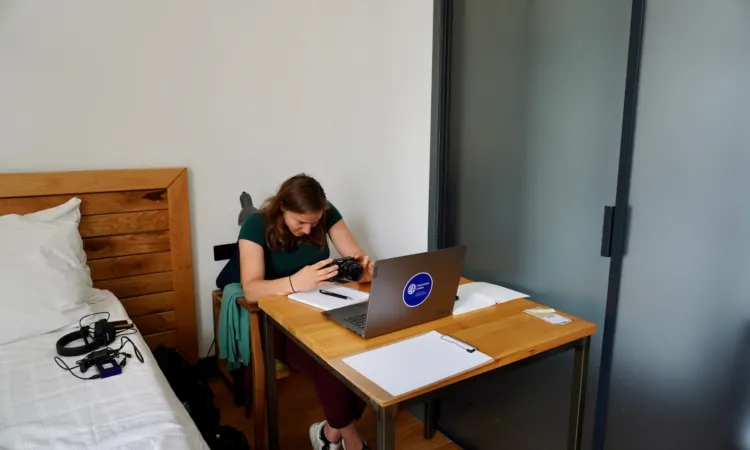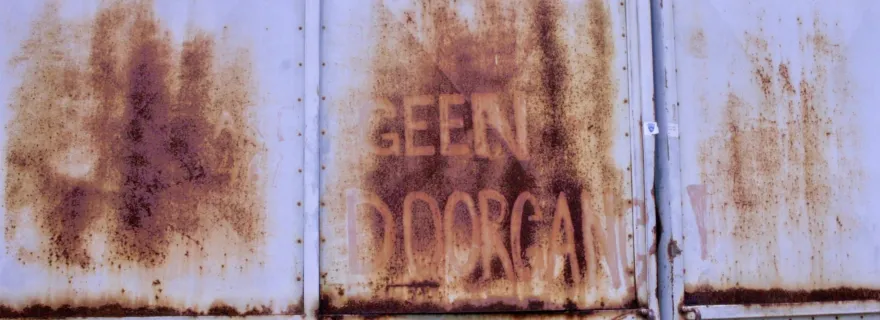Part 1 Fieldwork in challenging times: Access denied
A few months before we were to start our fieldwork in Morocco, the COVID-19 pandemic broke out. Postponement was inevitable. Cancellation? Or new opportunities?
Ghosts from the past
Research designs rarely unfold exactly as planned. I had experienced this before: a year of preparation for fieldwork in Egypt was lost after the president of Egypt was removed from power in July 2013 and my university issued a travel ban. Fieldwork preparation is demanding enough when it’s just yourself. But planning to uproot an entire family, young children included, adds an entirely different level of complexity and stress. And now, once again, fieldwork was out of reach—not just for me, but for two early-career researchers depending on this opportunity. As if that wasn’t enough, I had also promised the fundraiser we would deliver audio-visual outputs—a challenge under normal circumstances, and nearly impossible without access to the field. The weight of responsibility, already heavy, deepened further.

Planning for the unexpected: Building resilient research strategies
Last time, I was able to relocate with my family to Morocco. This time, however, the entire world was in lockdown and there was no possibility of simply moving elsewhere. But then I realised, lockdown or not, the MENA region has always been marked by political volatility. Field access was often unpredictable anyway, as I knew all too well. Given this reality, the pandemic only reinforced the need to reconsider our approach, not just for now, but also to build more resilient research strategies for the future. Hence, despite all the complexity, I felt a real opportunity was awaiting us—a chance to try something new at a time when rules and boundaries were being redefined anyway. So why not redefine ours?
But where to begin?

Hotel room brainstorms
We ended up in a near-empty hotel in Leiden, which, void of guests, had begun offering its rooms as workspaces that could be booked for a morning or an afternoon. We took four days. Gathered at a safe 1,5 metres distance, the team met to discuss how to adapt our methods and find a way to deliver the promised audio-visual output. An ethnographic filmmaker joined us online, adding a fresh perspective to the mix. Out of that unusual setup, two ideas emerged. Curious? Follow the links to read the other two parts of this series.



